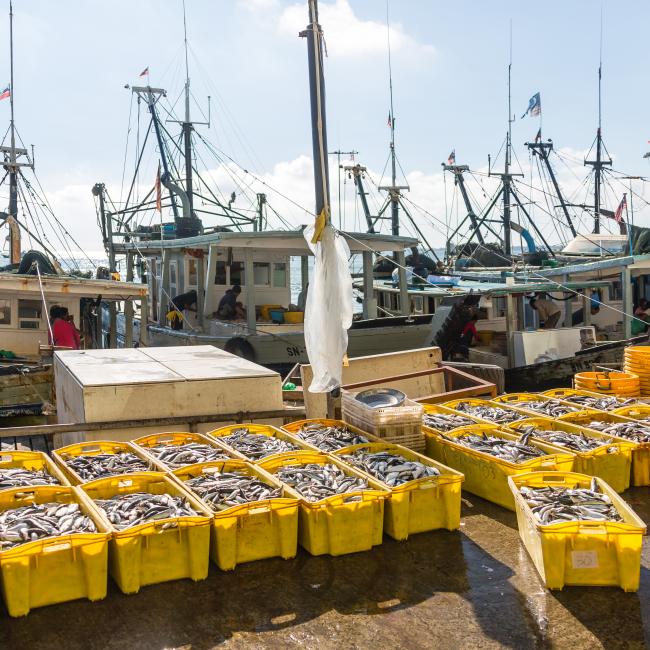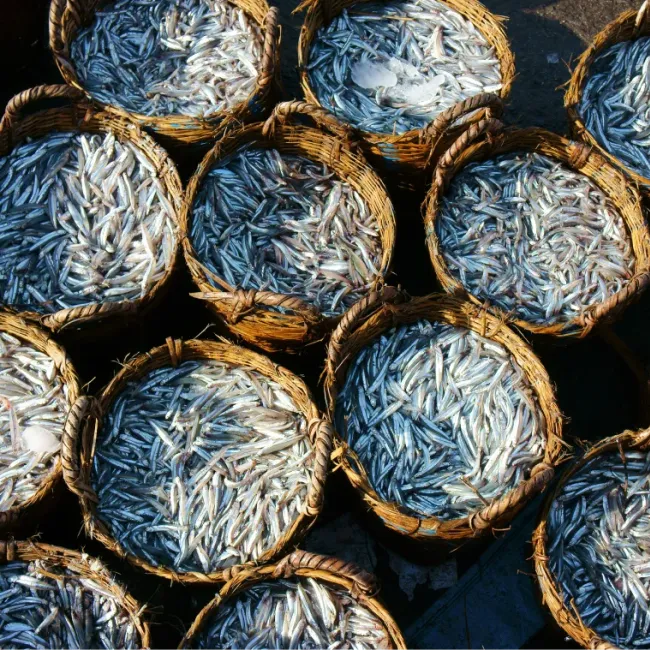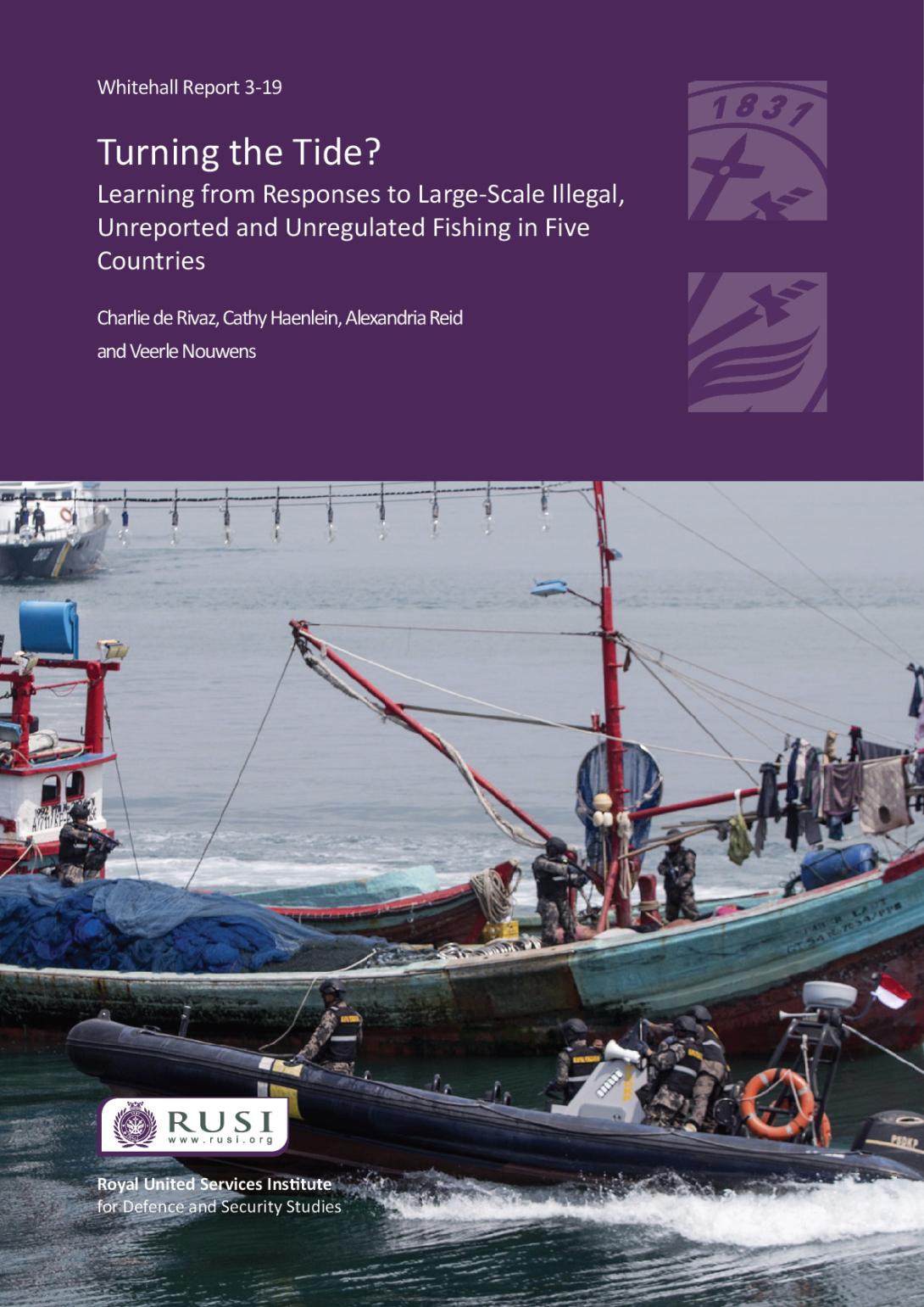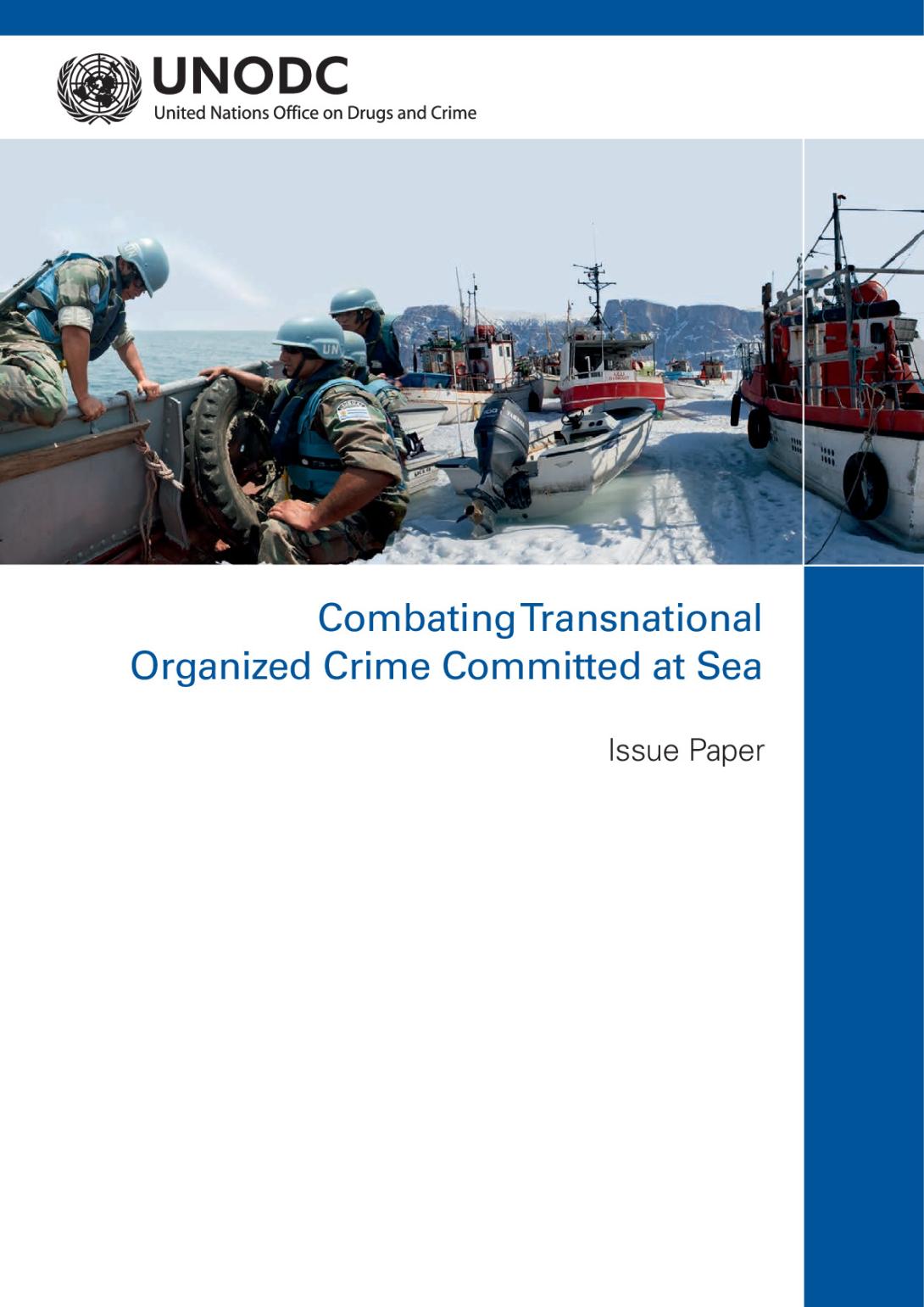Fishing is one of the most widespread human activities at sea. It supports the livelihoods of nearly 60 million people and provides the primary source of protein for over 3 billion. Fish and fish products are the most valuable traded food commodity in the world — with a global market value exceeding USD 620 billion.
But ensuring the long-term sustainability of fisheries and protection of our oceans is increasingly difficult.
Across both small-scale and industrial fisheries, monitoring, control and surveillance (MCS) efforts are under pressure. Fishing operations have become more complex, driven by evolving technology, shifting effort across jurisdictions and growing incentives to evade regulation. At the same time, fisheries agencies and organisations — particularly in developing countries and small island states — often operate with limited capacity, staff or tools.
Non-compliance — from local gear violations to transnational organised crime — directly threatens fisheries management. It undermines sustainability, fuels inequality and erodes the trust and cooperation needed for effective enforcement.
This is about more than illegal fishing. It’s about the full range of non-compliant activity — whether unreported artisanal landings, non-authorised gear use, or high-level fraud and abuse of beneficial ownership structures. Fisheries professionals are facing more varied and complex compliance challenges than ever before — and they need practical support to respond.
Supporting the people who protect fisheries
The best way to meet these challenges is by directly empowering those on the frontlines of fisheries compliance — the professionals conducting inspections, analysing data, coordinating at-sea operations and working with communities to build trust in compliance systems.
The IMCS Network exists to support them. We help fisheries MCS professionals:
- Develop targeted, risk-based and cost-effective compliance strategies
- Access and apply fisheries data and operational intelligence
- Keep pace with emerging tools and technology
- Connect with peers to collaborate, coordinate and share learning
Whether at a busy coastal port or in a regional surveillance centre, the challenges are real — and often resource constrained. That’s why global coordination and peer support matter.
A global response to a global challenge
Non-compliance is not confined by geography. It affects fisheries of all sizes — and the communities that depend on them. We influence policy from the ground up — strengthening the capacity of those who put it into action and ensuring it is practical, effective and informed by real-world experience.
We connect practitioners across jurisdictions; help reduce duplication of effort and ensure that solutions are grounded in real-world needs.
He aha te mea e kaha ai tātou? What makes us strong? He tangata, he tangata, he tangata — it is people, it is people, it is people.
What’s at stake
Effective fisheries compliance starts with capable people.
The IMCS Network exists to connect, empower and support them — wherever they work, whatever they face.
Because when they succeed, fisheries — and the communities that rely on them — thrive.
In a world where fisheries non-compliance is increasingly organised and complex, our value is simple: empower the professionals who do the job — and the whole system gets stronger.



